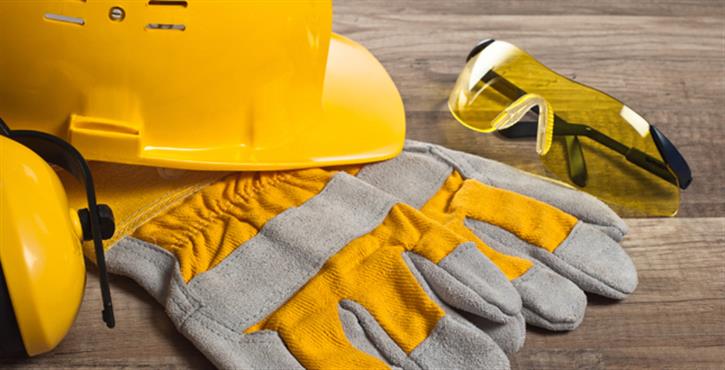

Which? Trusted Traders offers advice on how to comply with the Construction Design and Management Regulations 2015
The Construction Design and Management Regulations (CDM 2015) cover the management of health, safety and welfare when carrying out construction projects. Introduced in April 2015, the regulations directly affect you if you carry out any kind of construction project in a domestic setting.
“This could include the installation of kitchens, bathrooms, bedrooms, repairs on a roof, building new extensions, conversions, or any other kind of construction project where you are either a principal contractor or you provide the service to your own domestic clients," said Paul Smith, managing director at Which? Trusted Traders.
Despite the regulations having been a legal requirement for a year, many traders are still unaware that the changes have come into force.
Put simply, the regulations are designed to improve health and safety practices by ensuring risk assessments are carried out prior to starting the work.
It’s important to note that CDM 2015 affects all traders including plumbers, heating engineers, builders and even smaller traders, such as handymen or indeed any professional undertaking small-scale planned works in a domestic setting.
Whatever your role in construction, CDM 2015 aims to improve health and safety in your industry by helping you to:
If you are the trader working for a domestic client, then it is your responsibility to take control of the project. If you are the only contractor or principal contractor, one of the key things you must do is prepare a Construction Phase Plan (CPP).
Traders can be put off by perception that this is an arduous task, but it doesn’t have to be.
The CPP is a simple plan to show that you have thought about health and safety, marking out key start and finish dates, the build stages and organising the work and collaborating with others to ensure health and safety.
Some of the things you will need to address in the CPP will be measures to prevent falls from height, exposure to building dust and asbestos, isolation of electrical installations and collapse of structures and excavations.
You will also have to take into account the welfare of yourself and others by, for example, making sure there is access to toilet and washing facilities.
“With the regulations now applying to domestic clients, it may mean some extra work for you but the overall aim is to reduce the risk of health and safety incidents involving you, your employees, other contractors and, of course, your customers,” explained Mr Smith.
“As a legal requirement the penalty for not towing the line under the regulations is ultimately prosecution, so it’s in your interest to follow the rules.”
Which? Trusted Traders are created a free guide to the CDM regulations, which can be downloaded from www.which.co.uk/CDM.
If you'd like to keep up-to-date with the latest developments in the heating and plumbing industry, why not subscribe to our weekly newsletters? Just click the button below and you can ensure all the latest industry news and new product information lands in your inbox every week.